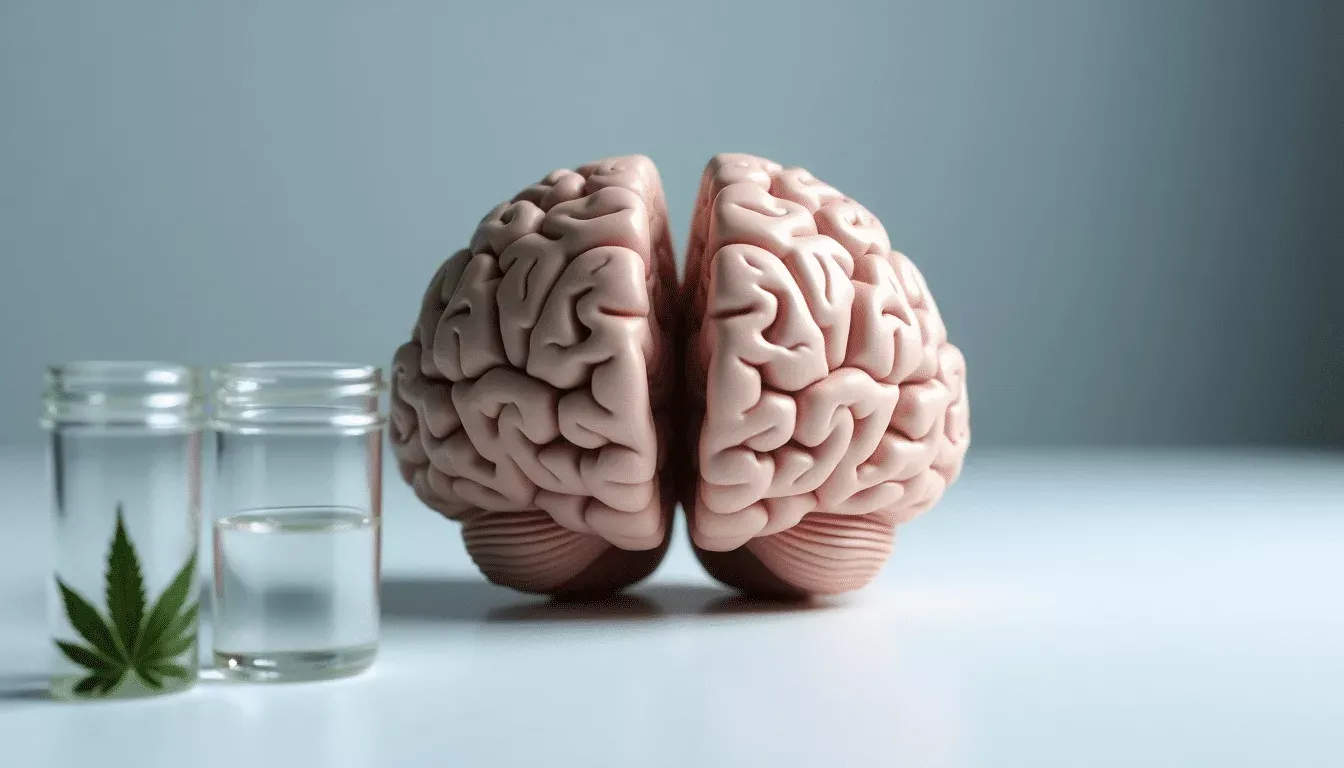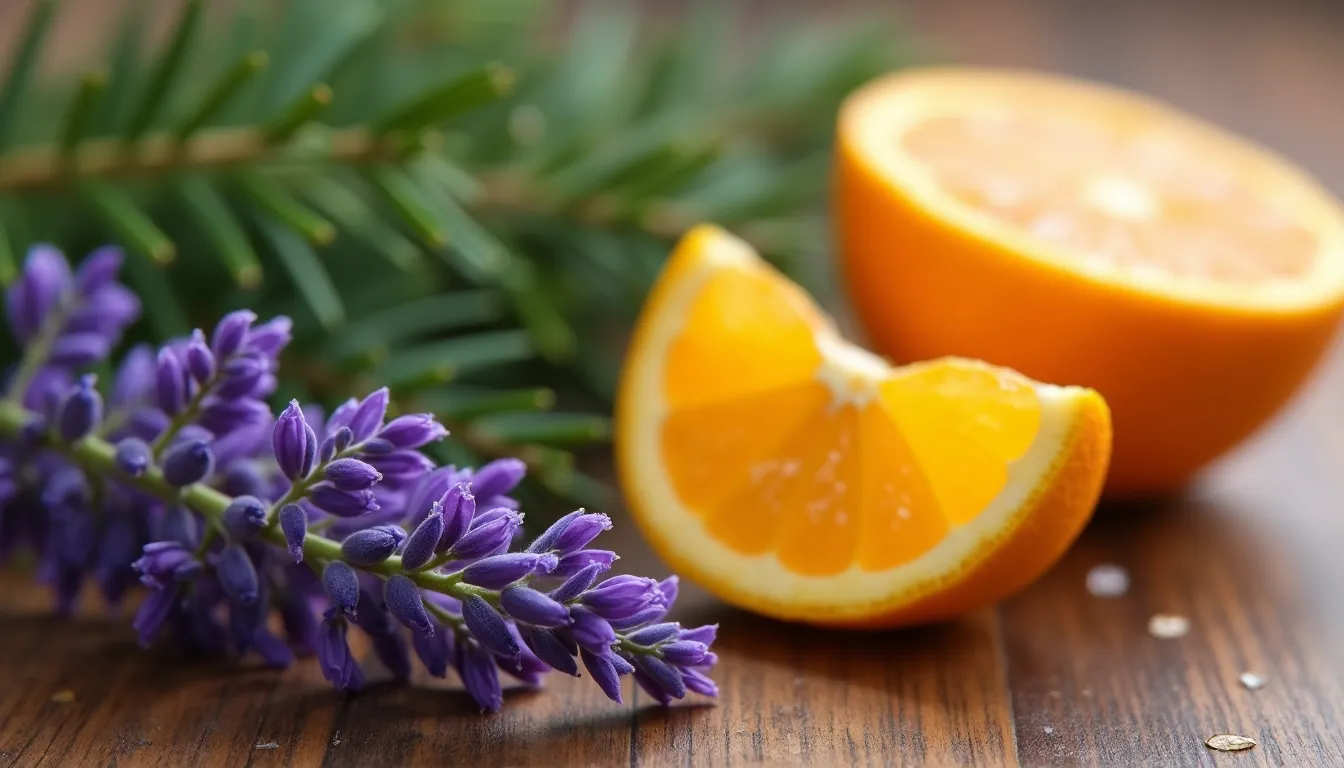Cannabis for Anxiety: Can It Be a Natural Remedy?
Introduction
In recent years, cannabis has surged to the forefront of conversations surrounding alternative treatments for a number of health issues, including anxiety. With mental health becoming an increasingly important topic, many people are exploring cannabis as a potential solution. But does it work? What are the risks? And how can one use it wisely? This article will unravel the complexities of cannabis for anxiety treatment, offering insights into its benefits, risks, and practical tips for use.
Understanding Cannabis and Its Role in Anxiety Treatment
Cannabis, a plant known for its psychoactive properties, has been used for centuries both recreationally and medicinally. It contains compounds known as cannabinoids, the most notable being tetrahydrocannabinol (THC) and cannabidiol (CBD). While THC is responsible for the plant’s euphoric effects, CBD is non-psychoactive and has garnered attention for its potential therapeutic benefits.
The Role of Cannabinoids
Cannabinoids interact with the endocannabinoid system (ECS) in the human body, a complex network involved in regulating various physiological processes, including mood, pain, and stress response. This interaction is why cannabis is considered a potential treatment for anxiety, as it might help modulate the release of neurotransmitters associated with mood and emotion.
Different Forms of Cannabis
Cannabis can be consumed in numerous forms, such as smoking, vaping, edibles, tinctures, and oils. Each method offers differing onset times and durations of effects, making it crucial to understand how these may affect anxiety differently.
Benefits and Risks of Cannabis for Anxiety
While many tout cannabis as a natural remedy for anxiety, the relationship is complex and not universally beneficial.
Potential Benefits
-
Reduction of Anxiety Symptoms: Some studies and anecdotal evidence suggest that CBD can help reduce symptoms of anxiety. It may promote a sense of calm without the high associated with THC.
-
Improved Sleep Quality: Anxiety often disrupts sleep, and some users find that cannabis helps them fall asleep faster and enjoy better sleep quality, indirectly helping manage anxiety.
- Alternative to Pharmaceuticals: For individuals looking to avoid the side effects of conventional anxiety medications, cannabis offers an alternative. It provides therapeutic effects with generally mild side effects for many users.
Associated Risks
-
Paradoxical Effects: While some users report relief from anxiety, others may experience increased anxiety, particularly with high THC strains. It’s crucial to approach cannabis use with caution.
-
Dependency and Tolerance: Regular use of cannabis, especially high-THC products, can lead to tolerance and, in some cases, dependence, complicating anxiety treatment further.
- Legal and Regulatory Hurdles: Despite growing acceptance, cannabis remains illegal or heavily regulated in many parts of the world, which may affect access and reliable sourcing.
Practical Tips for Using Cannabis for Anxiety
If considering cannabis for anxiety treatment, it’s important to do so thoughtfully and based on sound advice.
Starting Slow
Those new to cannabis should start with a low dose and gradually increase as necessary. This gentle approach minimizes adverse effects and allows users to gauge their body’s response.
Choosing the Right Strain
Opt for strains low in THC and high in CBD to potentially enjoy the calming benefits without the intense psychoactive effects. Consulting with knowledgeable dispensary staff can also help make informed decisions.
Timing and Environment
Choosing the right time and setting for cannabis use can influence its effects. A relaxed environment can amplify the calming effects, while a high-stress setting might do the opposite.
Consulting Healthcare Professionals
Before initiating cannabis treatment, discussing it with a healthcare provider is crucial. They can provide guidance based on an individual’s health history and current conditions.
Conclusion
Cannabis presents an intriguing option for those seeking alternatives to traditional anxiety treatments. It’s essential to weigh the potential benefits and risks while approaching its use with care and informed guidance. Whether considering cannabis or another method, it’s vital to prioritize mental well-being, calling upon professional advice when needed.
As interest in alternative treatments grows, the conversation around cannabis and anxiety will likely continue to evolve. Readers are encouraged to explore related articles or share their experiences and thoughts in the comments below. This evolving dialogue can contribute to a broader understanding and awareness of managing anxiety effectively.
In the meantime, arm yourself with knowledge, remain open to new information, and always prioritize health and well-being in your journey towards managing anxiety.
Share this content:



